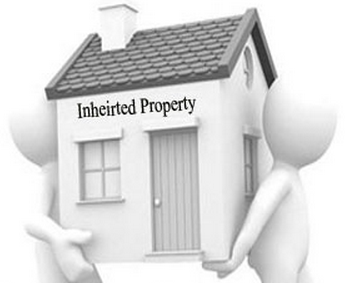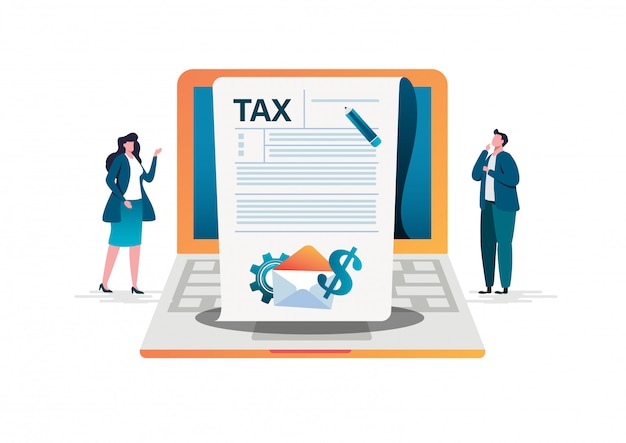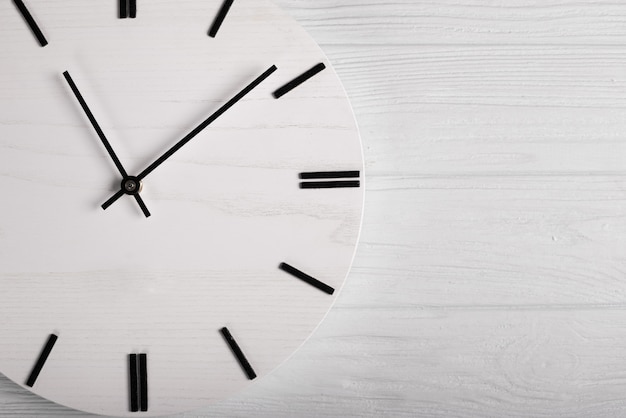Everything You Need to Know about Capital Gains Tax
Between the years 2021/2022, capital gains tax in the UK accumulated to 14.9 billion, which was an increase from the previous year’s rate of 3.7 billion. How and when to report your capital gains tax will depend on how many gains you made within the year. Moreover, calculations for each capital loss, details of how an asset was bought/sold, and tax reliefs are all components that need to be detailed in your report. Thus, this blog was deemed significant to outline the key points about capital gains tax.
What is capital gains tax and when do I pay it on my home?
Capital gains tax (CGT) is payable when you sell an asset that has increased in value since you bought it. The rate varies based on several factors, such as your income and size of gain. For residential property, it may be 18% or 28% of the gain (not the total sale price).
Usually, when you sell your main home (or only home) you don’t have to pay any CGT. However, in some circumstances, you may have to pay some.
For example:
- The home includes a lot of land/additional buildings (5000 square meters or more)
- You’ve sub-let part of it (but having one lodger doesn’t count)
- Part of your home is exclusively business premises
- You bought it just to make again (e.g. if you are a property developer)
- You have another home that could be considered your main residence
Some of these points may be open to interpretation and dispute, so if you are in any doubt it is sensible to seek advice.
What is the capital gains tax allowance?
You only have to pay CGT on gains that exceed your annual allowance. This is currently £12,000 per person. This means your property can increase by this amount before any CGT will be payable on the sale.
Do I pay capital gains tax on my second home?
If HMRC decides that a property isn’t your main residence, you will have to pay CGT on any gain in its value above your CGT allowance.
Do I pay capital gains tax on buy-to-let property?

If your buy-to-let property has risen in value by more than your CGT allowance by the time you sell it, you’ll have tax to pay.
Do I have to pay capital gains tax on inherited or gifted property?

If you give a property to your spouse or civil partner, or a charity, there won’t be any CGT to pay.
If you inherit a property (and the estate has paid any inheritance tax due) then there won’t be any further tax to pay until you sell the property. The gain will be measured from the date at which you acquired the property.
If you sell a property that was occupied by a dependent relative, then you may not have to pay CGT. Ask your adviser about this.
How do I calculate my CGT tax bill?

Working out exactly how much CGT you have to pay means doing a few sums.
If you’re a higher-rate taxpayer, it’s quite simple. Just subtract your CGT allowance from your gain, and your bill will be 28% of the remainder.
If you’re a basic-rate taxpayer, it’s a bit trickier. You’ll need to work out if your gain-minus-allowance will lift your income into the higher-rate band. Everything above the band will be taxed at 28%, while everything below it will be taxed at 20%. Your adviser can help you calculate it accurately.
N.B. These figures are based on selling residential property. Other assets may be calculated differently.
When do I have to pay my CGT bill?

If you have capital gains in a particular tax year, you should apply to submit a tax return if you don’t do so already. HMRC will then bill you for any outstanding CGT, which you will need to pay by the end of that tax year. Bear in mind that the gain will usually be dated from your exchange of contracts, rather than completion – so beware if these fall in different tax years.
How can I reduce my CGT bill?

There are various ways you can minimise or even eliminate a capital gains tax bill.
- Don’t forget your spouse’s allowance
Remember that everyone has a CGT allowance, so if you are the sole owner of a property, you can double your allowance by sharing ownership with your spouse.
- Note the different CGT bands
Basic rate taxpayers pay lower CGT, so if you are higher-rated and your spouse isn’t, you could reduce your CGT bill by transferring all or part of the property into their name. Ask your adviser about the most efficient way to do this, to make the best use of both your allowances.
- Time your sale carefully
If you have used up some or all of your CGT allowance for a particular year, consider delaying the sale of your property to the next tax year.
- Nominate the property as your main residence
If you own several properties and wish to sell one, you may be able to reduce or eliminate the CGT bill by nominating it as your main residence in advance. The rules for doing this are fairly strict, so talk to your adviser about how to do this properly.
For more information, please click here to contact us
for more information on capital tax gains, click here.



